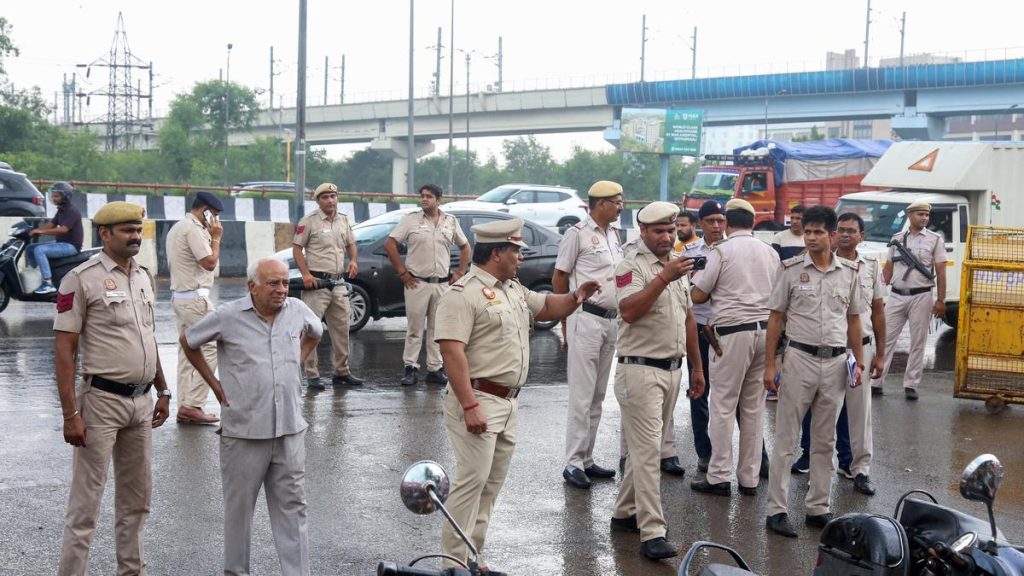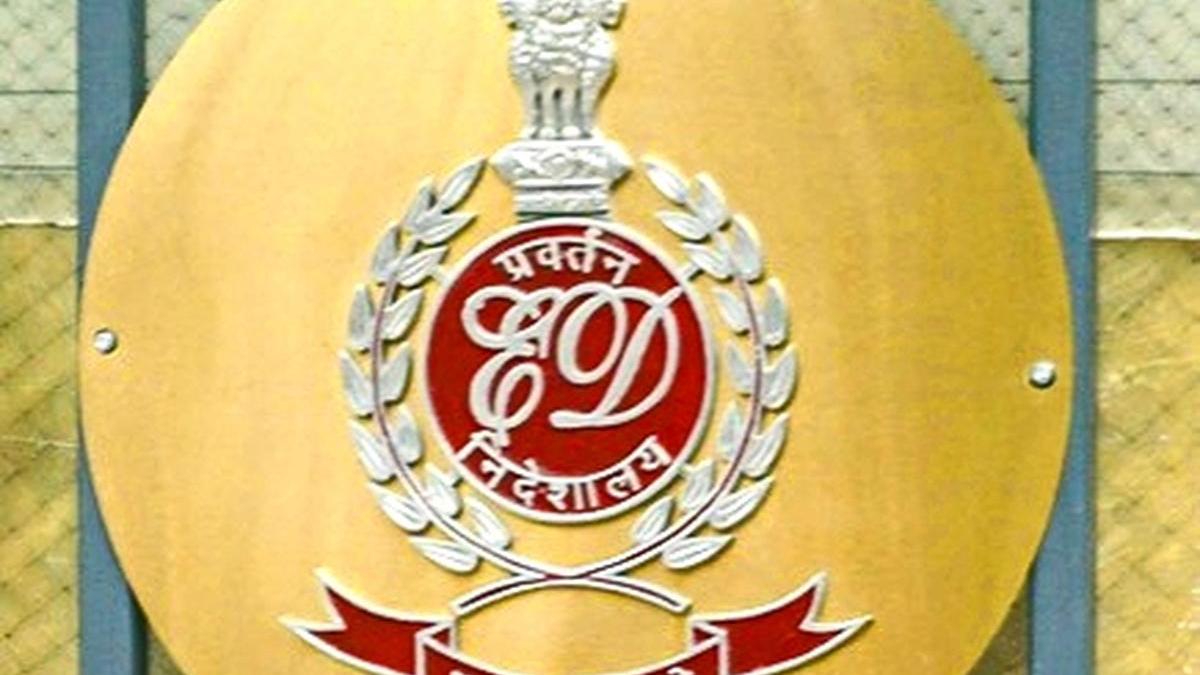Now Reading: Kerala Schools Train Teachers as First Responders for Snake Encounters
-
01
Kerala Schools Train Teachers as First Responders for Snake Encounters
Kerala Schools Train Teachers as First Responders for Snake Encounters
Quick Summary
- teachers in Kerala are to be trained in snake rescue and handling as snake sightings increase on school campuses.
- A pilot program will launch in Palakkad district, a region with high snake encounter rates, before expanding statewide.
- The initiative is part of the SARPA (Snake Awareness Rescue and Protection App) mission under the State Envenomation Zero Mortality Kerala project aimed at eliminating snakebite deaths by 2030.
- Forest personnel and SARPA volunteers have conducted safety inspections ahead of school reopening; both venomous (e.g., Russell’s viper) and non-venomous snakes were found near schools.
- The programme was inspired by tragic incidents like Shahla Sherin’s death from a classroom snakebite in Wayanad in 2019 and other reported cases like the recent one at Chenkal near Neyyattinkara.
- Training sessions will be led by 64 educators, including certified handlers, covering rescue operations, species identification, anti-venom-equipped health centres information, awareness campaigns for students about risk management around snakes, fostering coexistence with reptiles.
Indian Opinion analysis
The upcoming teacher training initiative reflects Kerala’s proactive approach toward addressing human-wildlife conflict while prioritizing school safety. By equipping educators with knowledge about snake behaviour and handling techniques and also connecting them to healthcare resources equipped to manage envenomation cases swiftly, the programme demonstrates foresight. Its focus on mitigating risks also offers an opportunity for broader social education – eradicating fear-based myths associated with reptiles could perhaps foster ecological harmony.
However, scaling this model across districts necessitates logistical coordination between educational institutions and public health systems. its success hinges on sustained follow-up measures such as regular inspections alongside preparedness drills post-training implementation especially within high-risk zones like Palakkad’s paddy ecosystems that continue housing diverse reptilian life amidst declining ranges elsewhere due mechanization shift impact land-use patterns without underrating considerations tied eventual related capacity strains must start mainstream regular strategy-making preventable fatalities through humane healthy spontaneous collaborations underpin initiatives vision zero-increment measurable agendas efforts reutilizable wildlife connectedness purposes practicality states beyond stretch minimally
For more details: Read More

























